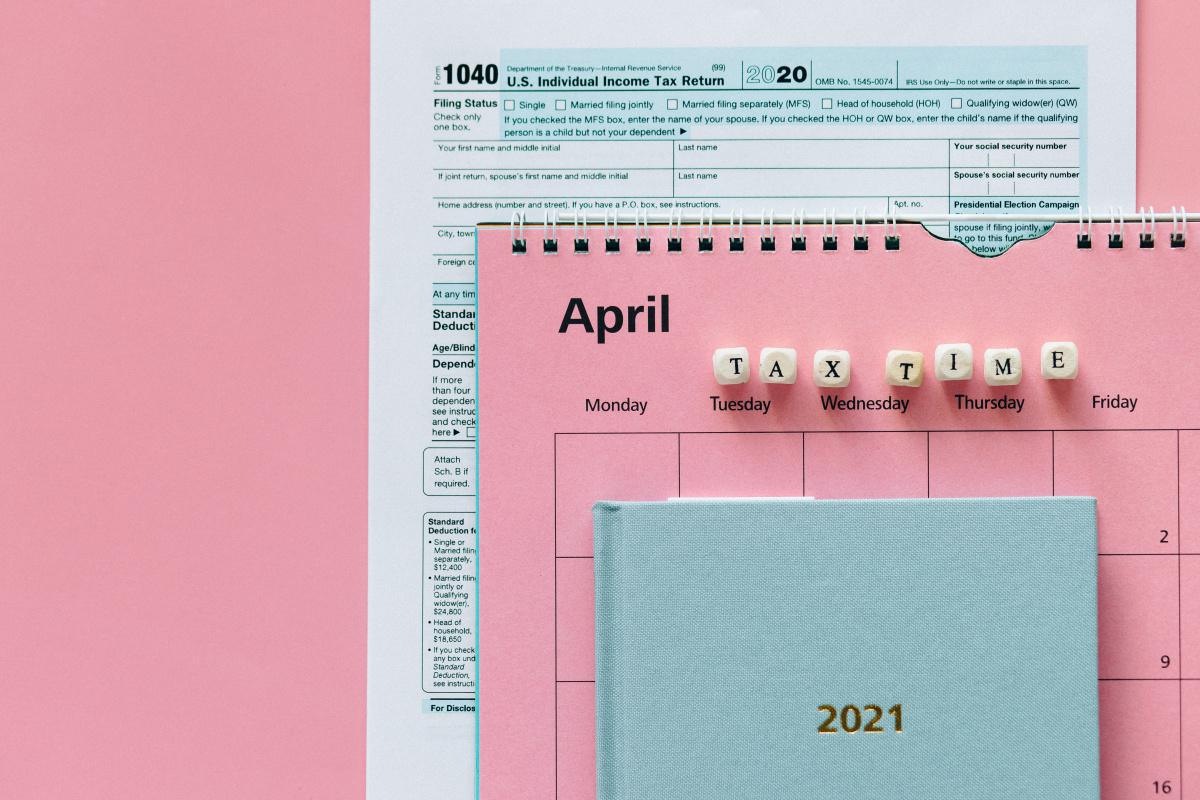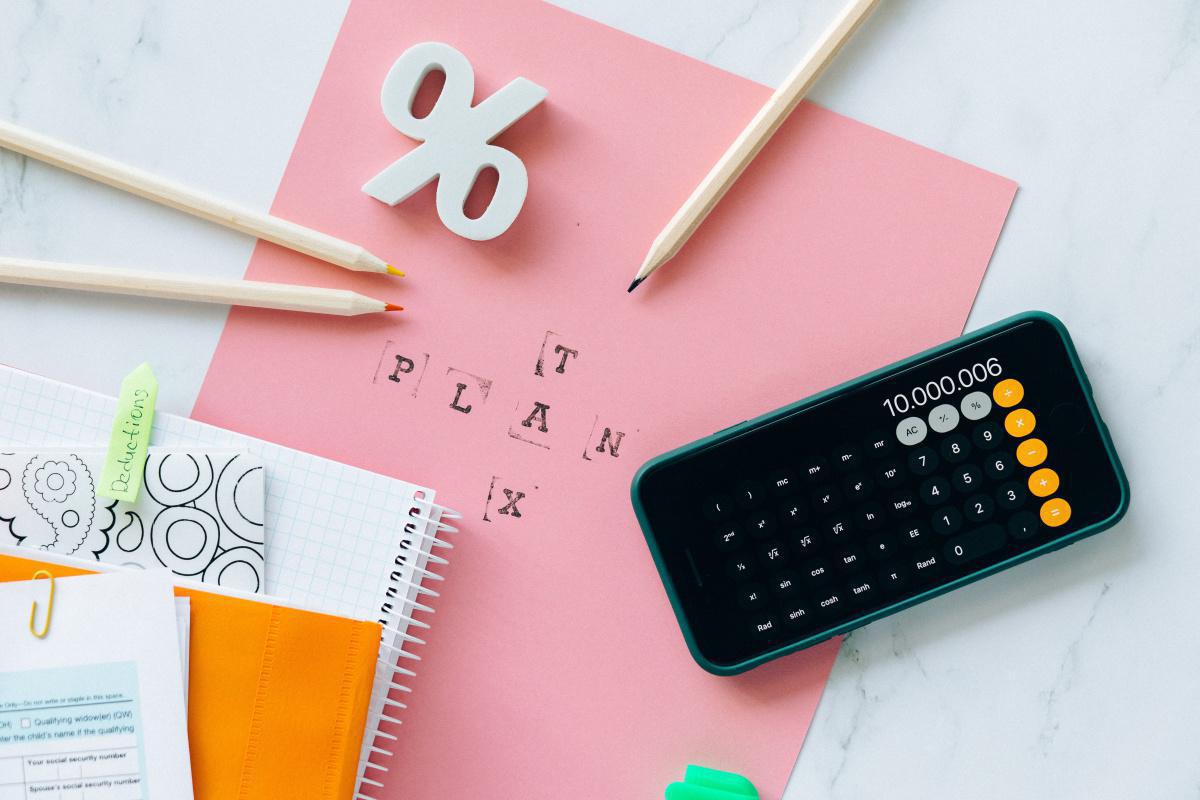When you are an employee, managing your cash flow is relatively simple: a salary comes in each month, taxes - if they are monthly - come out, and the rest is your disposable income, which you are free to spend or save. But what about when you are a freelancer? Here's a quick overview of good cash management practices.
Keeping track of your finances
For many, freelance income is hard to predict and can vary completely from month to month. But do you know exactly how much you made in 2017? Last month? How about the same month last year?
It may sound basic, but many freelancers struggle with keeping track of their finances. Having a detailed history of your income makes it easier to anticipate good and bad times.
Preparing for your taxes
Taxes are already often synonymous with headaches when you are an employee. When you become a freelancer, they can become a real hassle.
Depending on your status, your regime, your payment method...you will have to understand, anticipate and set aside your taxes. Make the right choices according to your situation! It may even be useful to get help from a chartered accountant.
Here again, your dedicated bank account is your best friend. If your taxes, carefully calculated in advance, never leave it, you will not have any bad surprise at the end of the year
Create a budget
A budget? Yes, it will seem obvious to those who have been in the salaried or freelance game for a long time, and not necessarily to the younger ones. If having a well thought-out budget is already important when you are a salaried employee, it is even more important when a fixed amount of money does not fall into your bank account every month, every month of the year.
50/30/20
This is a very basic and popular budgetary rule which is divided as follows:
50% for needs: these are mandatory expenses such as rent, taxes, insurance, fixed charges...
20% for savings: to put aside in various investments
30% for desires: sports, leisure, outings...
Saving for rainy days
Ideally, you will have a sum corresponding to 1 to 6 months of salary (depending on your savings capacity) for your immediate or urgent needs, available in an easily accessible account. 6 months being ideal, since as a freelancer, you don't know exactly what your income will be during the year: it's your peace of mind that is at stake!
Think about retirement
Depending on your status, your retirement rights as a freelancer vary widely, but one thing is for sure: you will have to rely on yourself for a good part of it! So it's essential to build this into your budget now.
Paying off your debts
Finally, if you are in debt, build the repayments into your budget, prioritizing the highest interest rates.


